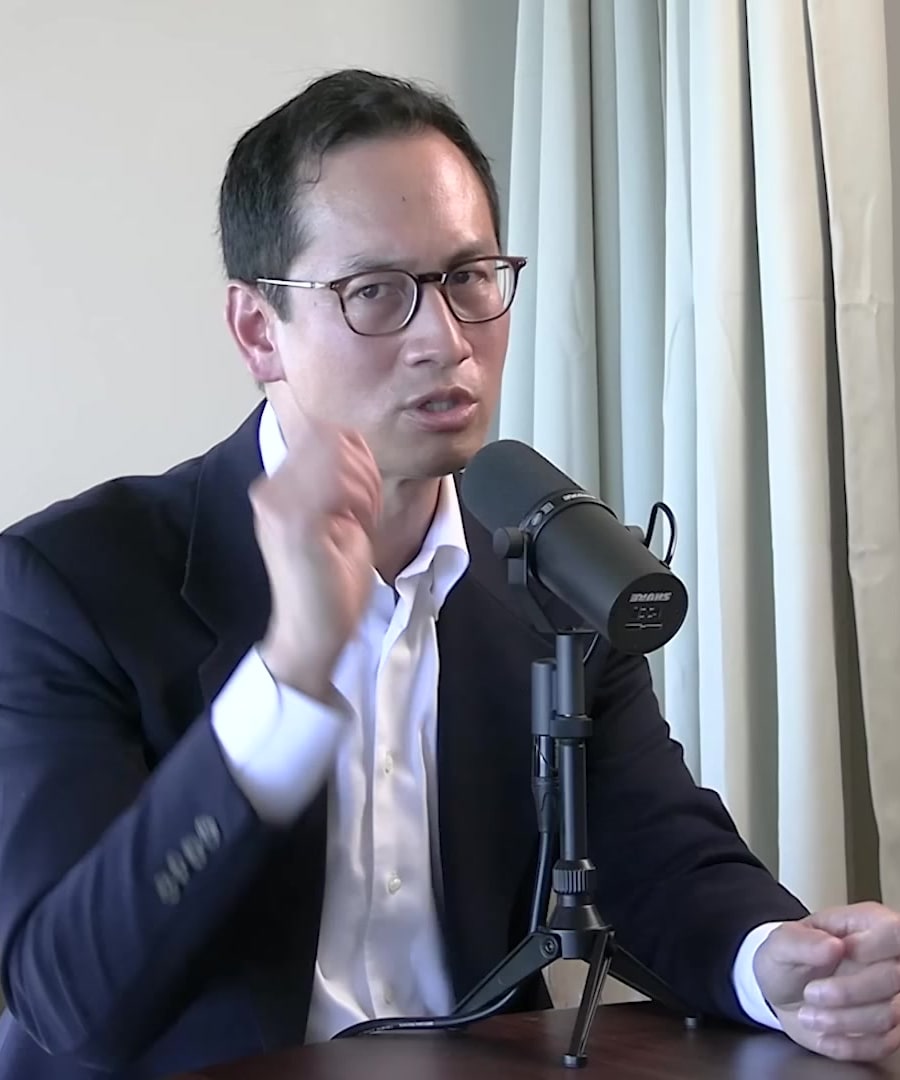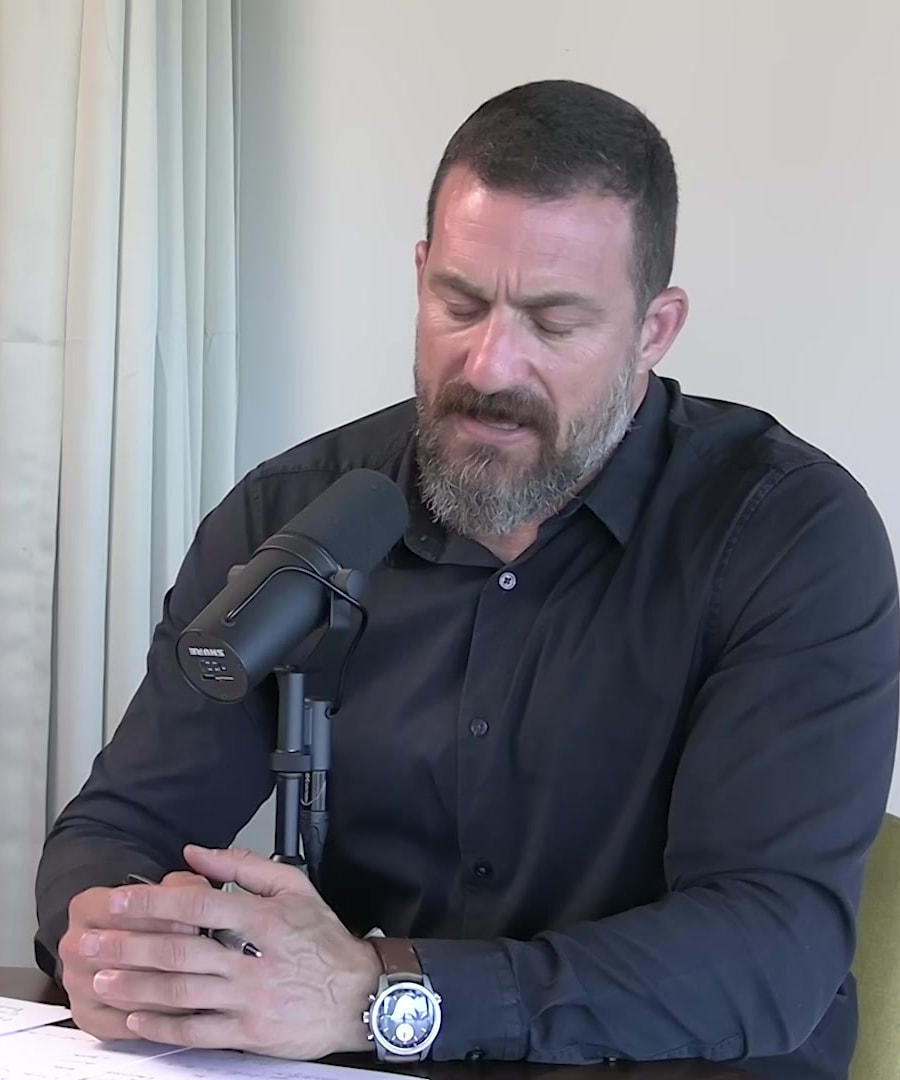What is dyslexia
Sources:
Dyslexia is a neurological condition that affects reading abilities. According to Dr. Eddie Chang, it often arises from a disruption in how the brain maps visual input (seeing words) to auditory processing (understanding the sounds of words). This condition can manifest as difficulty in reading due to differences in this mapping process compared to typical readers 1.
Andrew Huberman further elaborates that dyslexia can involve deficits in phonological awareness, where individuals have trouble distinguishing or processing the sounds within words correctly, despite being able to hear the words when spoken. Treatments have evolved to address both visual and auditory processing aspects, recognizing that reading and speech are interconnected 2.
RELATED QUESTIONSWhat causes dyslexia?
Sources:
Dyslexia is primarily caused by differences in how the brain processes visual and auditory information. Specifically, it results from an atypical mapping between how the brain sees words and how it processes the sounds of those words.
Dr. Eddie Chang explains that reading is a relatively recent human invention and is not hardwired into the brain like speech. Thus, when learning to read, the brain recruits existing areas, such as the visual and auditory cortices, to handle this new task. In dyslexia, this mapping process – particularly how the brain links visual input (seeing words) to auditory processing (understanding sounds) – is disrupted, leading to difficulties in reading 1.
As these abilities are not inherently built into the brain but are rather adaptations of existing functions, differences or disruptions in these adaptations can contribute to reading difficulties seen in dyslexia.
RELATED QUESTIONSWhat are some personal stories of people with dyslexia?
Sources:
Here are some personal insights and experiences related to dyslexia shared on the :
- Phonological Awareness in Dyslexia: Dr. Eddie Chang explains that many children with dyslexia face challenges in phonological awareness. This means they struggle to map sounds to the visual representation of words. This difficulty can manifest as an inability to "hear" words when they are reading, despite understanding spoken language. This disconnection between vision and auditory processing can lead to significant reading difficulties 1.
For more details, you can listen to the full episode featuring Dr. Eddie Chang in the .
RELATED QUESTIONS
What is dyslexia
- RELATED QUESTIONS
What causes dyslexia?
- RELATED QUESTIONS
What are some personal stories of people with dyslexia?
- RELATED QUESTIONS

